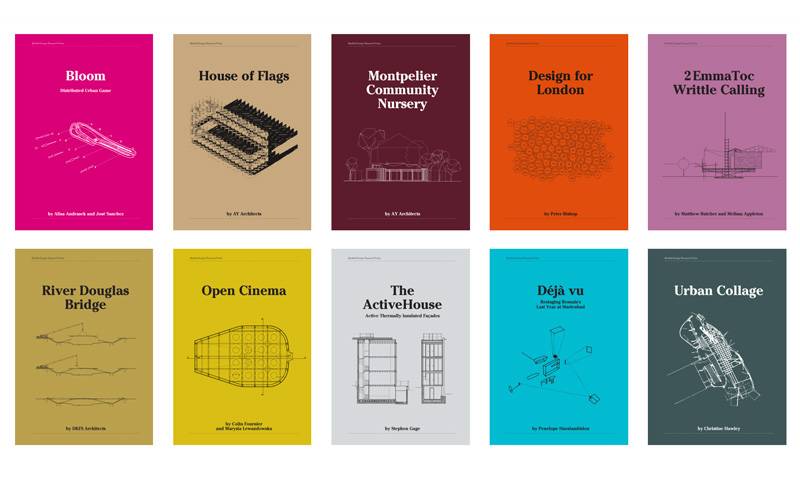The Urban Dynamics Lab at UCL aims to transform the way that regional policy is created to allow greater local sensitivity to context, while learning from evidence what works in different locations.
Overview
The Urban Dynamics Lab at UCL aims to transform the way that regional policy is created to allow much greater local sensitivity to context, while at the same time learning from evidence what works and what does not in different locations. It launched in 2015 as a five year, £5m research project funded by the Engineering and Physical Sciences Research Council (EPSRC) bringing together expertise from across UCL (Space Syntax, Centre for Advanced Spatial Analysis, Geography and Computer Science), to explore and address questions at the intersection of city and regional economic development and urban modelling, data analytics and computing. These challenges are key to tackling the vexed question of regional competitiveness and the imbalances of the UK economy.
Policy measures and incentives can be considered as perturbing the trajectory of economic development on a ‘fitness landscape’, representing the structural context defining a region. In order to forecast and intervene effectively, one needs to understand the shape of the fitness landscape, the way this may be affected by planned infrastructure, and the likely effects of policy nudges.
Data sets are increasingly available to inform this process, but without new analytics, researchers struggle with the size and complexity of the challenge, and decisions are based on projections of past trends, ideology and gut instinct. To this end, the lab developed sets of analytical tools for ‘deep’ data mining and the construction and use of computer simulation models, whilst also addressing the challenges of access to and handling of sensitive and expensive 'real-world' data.
The lab delivered impact by increasing interaction between the communities of research, policymakers and the wider public, developing support networks, workshops and annual awards to build a community of practice across the UK's cities and regions. The open source technology platform supports this by making available the tools needed to develop policy customised to the specific local context of different regions while maintaining comparability of methodology and evidence.
- People
Principal Investigator
Prof Alan PennCo-Investigators
Professor Michael Batty CBE FRS FBA
Professor Paul Longley BSc PhD DSc FAcSS
Professor Philip Treleaven
Professor Sir Alan Wilson FBA FRS
Dr Else ArcauteSenior Research Associates
Dr Tasos Varoudis (Space Syntax Laboratory, The Bartlett)
Dr Zeynep Engin (Computer Science)Research Associates
Dr Ashley Dhanani (Space Syntax Laboratory, The Bartlett)
Dr Jens Kandt (UCL Geography)
Dr Tian Lan (UCL Geography)
Dr Carlos Molinero (Centre for Advanced Spatial Analysis, The Bartlett)
Dr Clementine Cottineau (Centre for Advanced Spatial Analysis, The Bartlett)
Dr Duccio Piovani (Centre for Advanced Spatial Analysis, The Bartlett)
Dr Michal Galas (UCL Computer Science)- External partners
The project is supported by a range of partners, including Bank of England, Greater London Authority, SAS, Intel, Future Cities Catapult, Core Cities, Centre for Cities, Space Syntax Limited, and will involve the implementation of a policy engagement and outreach programme across the region. The UK RDRF grant is part of the RCUK's Digital Economy programme and works in conjunction with other Digital Economy Centres across the UK.
 Close
Close




